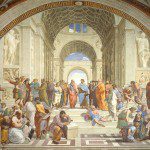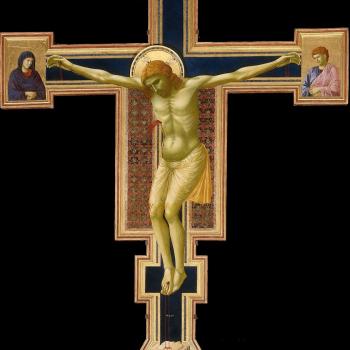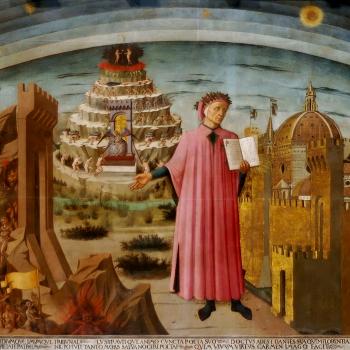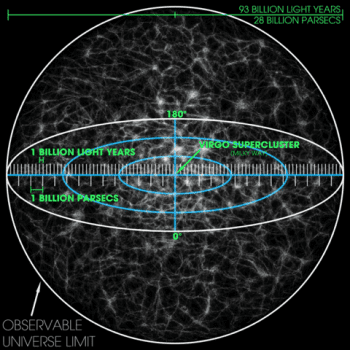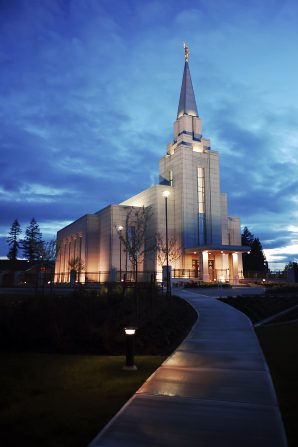
(LDS Media Library)
As I mentioned the other day, my wife and I recently read Prue Shaw’s Reading Dante: From Here to Eternity. Dr. Shaw studied at the University of Sydney, where she gained First Class degrees in English and in Italian, and later earned degrees at the the Universities of Oxford (B. Phil in General and Comparative Literature) and Florence (Dott. In Lett.). She taught Italian Language and Literature at the University of Cambridge, the University of London, and University College London, where she is now Emeritus Reader in Italian.
I will share here a trio of the many passages from Reading Dante that especially caught my attention. All three come from the first chapter, “Friendship.”
The first is funny, in a way, but also illustrates the fact that great good can come quite unexpectedly out of evil and injustice:
A distinguished nineteenth-century Italian said that Florence should have erected a statue not to Dante but to the obscure Florentine official who sent him into exile. Without the experience of exile Dante would not—could not—have written the Commedia.
The second has something to do with the remarkable significance of numbers in Dante’s cosmology, a significance that is, in a sense, becoming apparent once more to modern cosmologists:
Researchers working at CERN in Geneva using the Large Hadron Collider speak of the simplicity and beauty of the mathematical principles that underlie the variety of existence. Fractal geometry is another underlying structural principle that unifies natural phenomena from the very small to the very large. The excitement modern scientists feel at these discoveries is the excitement Dante’s poem communicates about numbers and their significance. The relation of numbers to the structure and functioning of the universe and to human creativity is the subject of the sixth chapter.
The third concerns Dante’s relative openness to the idea of a kind of salvation for pre-Christian pagans, which is quite striking and unexpected in a devoutly Catholic medieval Italian poet:
Dante is a good Catholic but an independent thinker. He is determined to understand what it is to be a human being, and the place of the individual in society and in the cosmos—universal concerns that transcend any age or system of religious belief. Far from merely being a spokesman for medieval Catholic orthodoxy, he can reach conclusions his contemporaries found disconcerting and even dangerous.This independence of mind is revealed early in the poem, when we find the great philosophers and poets of antiquity—Homer, Plato and Aristotle, among many others—occupying a place of special privilege on the edge of hell. Among their number, no less remarkably, are two great philosophers of Islam, Averroes and Avicenna. Unlike the damned, these thinkers and writers suffer no physical pain. Unlike the damned, they have pleasant surroundings: light, fine architecture, green grass, and good conversation—rather like the quad of an Oxbridge college, one might think. Virgil, Homer and the other classical writers assembled there often talk about poetry. Their only punishment is the knowledge of their exclusion from paradise: sanza speme vivemo in disio (“without hope we live in desire”). Their unrequited yearning for the divine has no hope of ever being satisfied. That is punishment enough.Catholic theology made no such provision for the great minds and talents of the pagan past. The conventional view was that only unbaptised infants occupied Limbo, this region on the outer rim of hell (limbo means “edge”). The Jewish patriarchs like Abraham and Moses had been there too for a time, before they were taken up to heaven by Christ after his death. But no pagans belonged here, no matter how remarkable their lives had been for virtue or for wisdom. One early commentator on the poem, Guido da Pisa, a Carmelite friar writing in the late 1320s, less than ten years after Dante’s death, clearly admired the poet. Yet he felt it necessary to distance himself at the outset from this and similar examples of unorthodox thinking with a formula revoking in advance—ex nunc revoco et annullo—anything he inadvertently says in explicating the poem which is against the faith or against the holy church—vel contra fidem vel contra sanctam ecclesiam. (In the late 1950s at Sydney University, good Catholic girls used to take the same preemptive action by inscribing a monogram with just this meaning in the top corner of every page of their philosophy lecture notes.) Dante, explains Guido da Pisa, speaks as a poet and not as a theologian: poetice et non theologice loquitur. The enduring fascination of the Commedia lies precisely in the fact that Dante writes as a poet and not as a theologian. His view of the world was one that often alarmed his contemporaries, and it is still challenging today; but it is the way he found to express that view which makes the Commedia a masterpiece.

As I’ve noted here and elsewhere on more than a few occasions, one of the elements of the Restoration in which I take most delight is its way of dealing with — really, neutralizing — the problem of “the salvation of the unevangelized” that continues to challenge many other Christian denominations and thinkers. Our temples, of which more and more are being built and dedicated around the world, are the physical expression not only of our faith but of the “wideness in God’s mercy” that cares for those who died without hearing the good news of the Gospel during their mortal lifetimes.
Posted from Ucluelet, British Columbia




